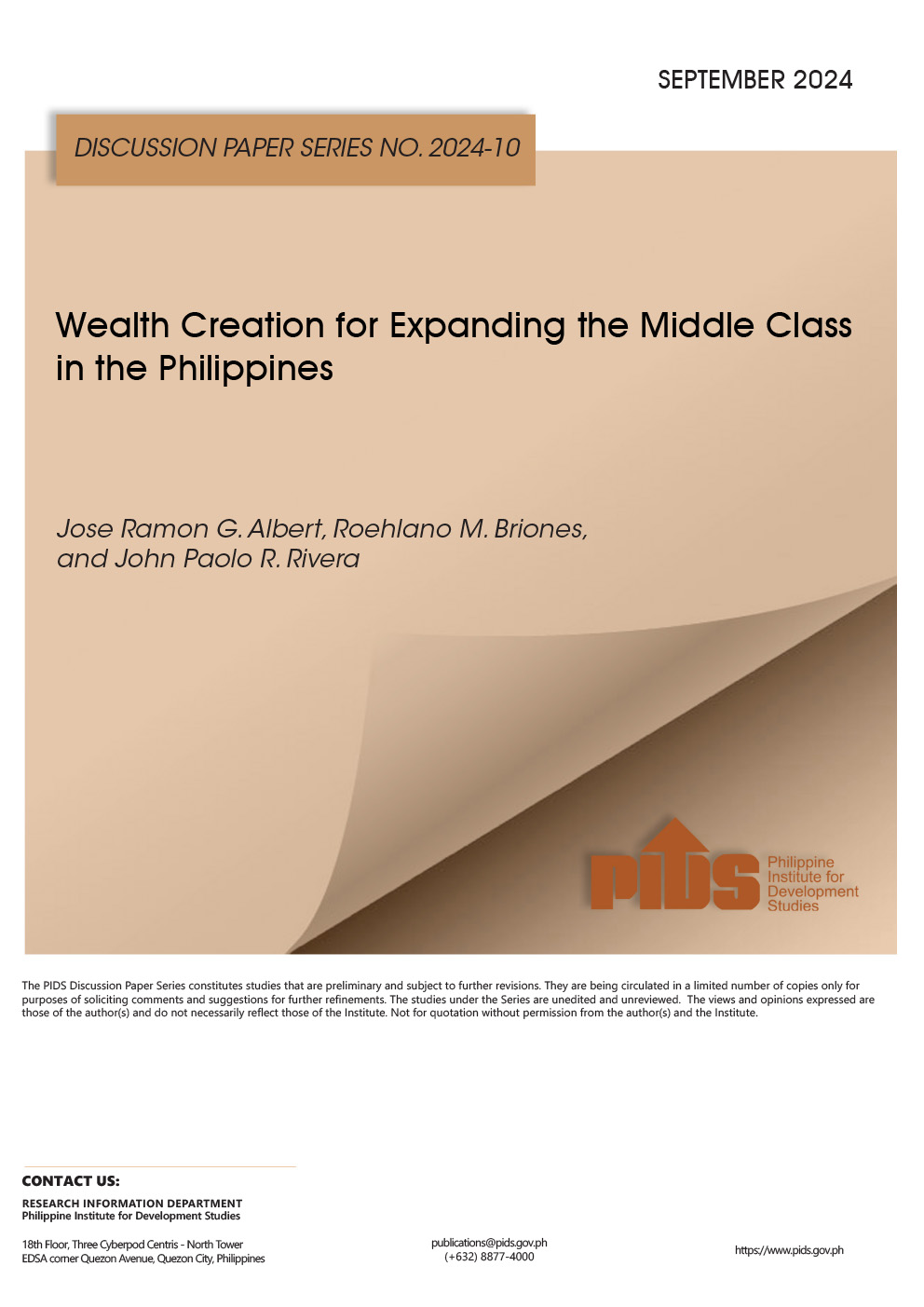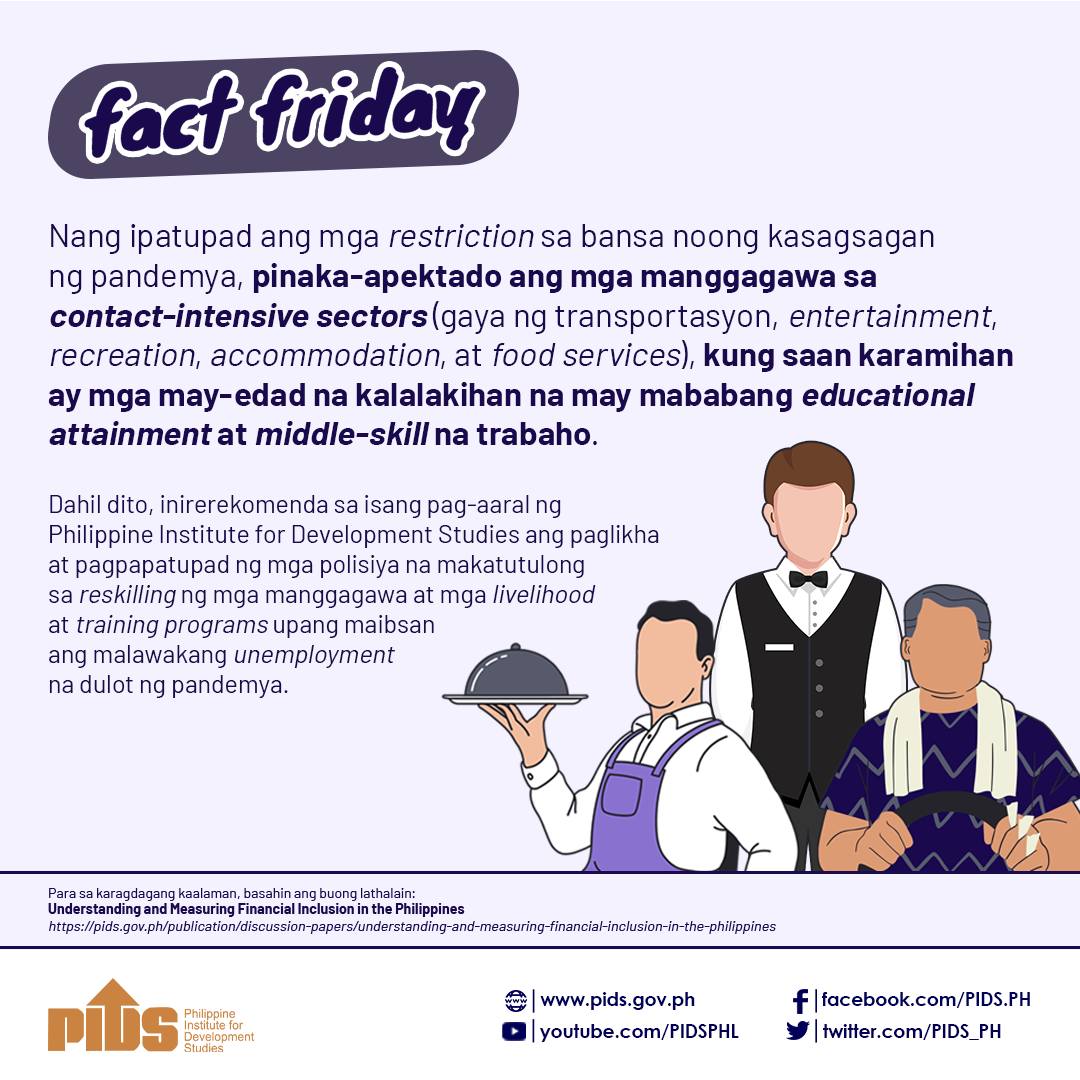As Asia-Pacific countries continue to find ways to recover from the immediate impacts of the COVID-19 pandemic, the United Nations Economic and Social Commission for Asia and the Pacific (UNESCAP) reminded governments in the region to prioritize people and the planet over economic recovery.
“It is critical that when combatting COVID-19, policymakers should not lose sight of our long-term vision for sustainable development. Business-as-usual cannot continue in the face of a long-standing climate emergency,” said Shuvojit Banerjee, economic affairs officer of UNESCAP, in a recent webinar jointly organized by state think tank Philippine Institute for Development Studies and UNESCAP.
Presenting the Economic and Social Survey of Asia and the Pacific 2020 in the virtual event, Banerjee explained that “business-as-usual” means an economic growth that is still dependent on resource use. This, he said, will “continue to contribute to greenhouse gas emissions for the next three decades” and cause global temperatures to rise.
According to Banerjee, such growth characterizes the experience of the Asia-Pacific region in the past two decades, saying that while the ‘economic growth-centric development approach’ has contributed to income growth and poverty reduction, it “has come with a cost to people and the planet”.
“The region's GDP growth is largely dependent on resources. Surging resource use has contributed to massive increases in C02 [carbon dioxide] emissions, which has heightened the region’s risk,” Banerjee explained.
This situation impacts the region’s targets for the Sustainable Development Goals (SDGs), with the UNESCAP report saying that it “is not on track to achieve any SDGs”, particularly Goal 12 or responsible consumption and production.
Meeting Goal 12, Banerjee pointed out, would help the region achieve the rest of the targets because of the synergies between this goal and the other SDGs.
Given these findings, he emphasized that the region must revisit its current consumption and production patterns to make progress on Goal 12. The report said this would require behavioral change among key stakeholders, including governments, businesses, and consumers.
Among the local actions that governments can do, according to the report, is to prioritize sustainability and decarbonize their economies, which includes the removal of fossil fuels subsidies, introduction of carbon pricing, and support for green projects by providing financial and regulatory incentives.
For businesses, the report urged companies to incorporate environmental, social, and governance considerations into their decision-making process. Meanwhile, consumers are encouraged to move toward sustainable lifestyles focusing on food, transportation, housing, and clothing.
Across countries, the report emphasized the importance of cross-border cooperation “to prevent inaction and raise ambitions”. This includes harmonization of climate-related standards, cooperation on climate risk management, and supporting moves toward decarbonization.
Further, it urged the implementation of the 10-year Framework of Programmes on Sustainable Consumption and Production, which introduces globally sustainable consumption and production methods that reduce greenhouse gas emissions.
At the same webinar, Maritess Tiongo, dean and full professor at the De La Salle University School of Economics, emphasized the critical role of the academe, especially in the Philippines, in the transition toward cleaner production and less material-intensive lifestyle, saying that schools must encourage environmental responsibility among their students.
With schools introducing environment- and sustainability-related programs, she added that within academic institutions, initiatives on environmental education for sustainable development have been accelerating. She noted, however, that “awareness and knowledge" is different from putting it into action.”
“It is critical that when combatting COVID-19, policymakers should not lose sight of our long-term vision for sustainable development. Business-as-usual cannot continue in the face of a long-standing climate emergency,” said Shuvojit Banerjee, economic affairs officer of UNESCAP, in a recent webinar jointly organized by state think tank Philippine Institute for Development Studies and UNESCAP.
Presenting the Economic and Social Survey of Asia and the Pacific 2020 in the virtual event, Banerjee explained that “business-as-usual” means an economic growth that is still dependent on resource use. This, he said, will “continue to contribute to greenhouse gas emissions for the next three decades” and cause global temperatures to rise.
According to Banerjee, such growth characterizes the experience of the Asia-Pacific region in the past two decades, saying that while the ‘economic growth-centric development approach’ has contributed to income growth and poverty reduction, it “has come with a cost to people and the planet”.
“The region's GDP growth is largely dependent on resources. Surging resource use has contributed to massive increases in C02 [carbon dioxide] emissions, which has heightened the region’s risk,” Banerjee explained.
This situation impacts the region’s targets for the Sustainable Development Goals (SDGs), with the UNESCAP report saying that it “is not on track to achieve any SDGs”, particularly Goal 12 or responsible consumption and production.
Meeting Goal 12, Banerjee pointed out, would help the region achieve the rest of the targets because of the synergies between this goal and the other SDGs.
Given these findings, he emphasized that the region must revisit its current consumption and production patterns to make progress on Goal 12. The report said this would require behavioral change among key stakeholders, including governments, businesses, and consumers.
Among the local actions that governments can do, according to the report, is to prioritize sustainability and decarbonize their economies, which includes the removal of fossil fuels subsidies, introduction of carbon pricing, and support for green projects by providing financial and regulatory incentives.
For businesses, the report urged companies to incorporate environmental, social, and governance considerations into their decision-making process. Meanwhile, consumers are encouraged to move toward sustainable lifestyles focusing on food, transportation, housing, and clothing.
Across countries, the report emphasized the importance of cross-border cooperation “to prevent inaction and raise ambitions”. This includes harmonization of climate-related standards, cooperation on climate risk management, and supporting moves toward decarbonization.
Further, it urged the implementation of the 10-year Framework of Programmes on Sustainable Consumption and Production, which introduces globally sustainable consumption and production methods that reduce greenhouse gas emissions.
At the same webinar, Maritess Tiongo, dean and full professor at the De La Salle University School of Economics, emphasized the critical role of the academe, especially in the Philippines, in the transition toward cleaner production and less material-intensive lifestyle, saying that schools must encourage environmental responsibility among their students.
With schools introducing environment- and sustainability-related programs, she added that within academic institutions, initiatives on environmental education for sustainable development have been accelerating. She noted, however, that “awareness and knowledge" is different from putting it into action.”












